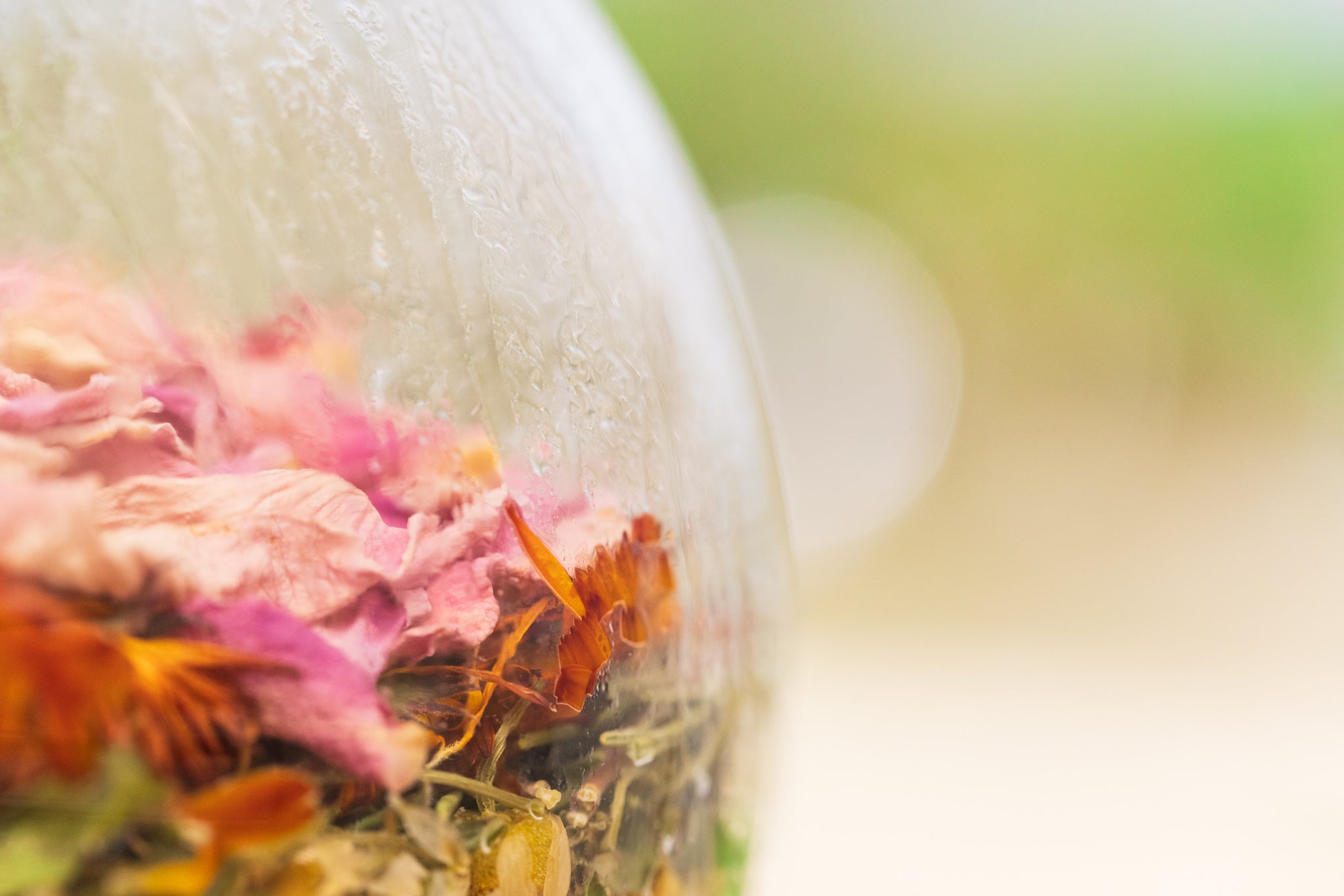WHAT MAKE SKIN SENSITIVE?
According to Jurlique Utlimate Beauty Expert, Rebecca Nicholls, sensitive skin is inflammation caused by a hyper-reaction to an external source. Any part of the body can be affected by sensitivity but the face is the usual problem area.
You might also suffer from sensitive skin if you have inherited a thin stratum corneum barrier, or it has been compromised – this makes you more sensitive to factors that normal skin is protected from or does not react to.
Skin that is ‘sensitised’ – a temporary state of sensitivity caused by external factors – can also hyper-react to irritants, resulting in inflammation. Skin can become sensitised when external influences damage the skin’s barrier, or after chronic exposure to damaging conditions which wear down the skin’s natural protection. The good thing about sensitised skin is that if you remove the irritant and give the skin the right care, the skin’s protective barrier can be restored.
WHAT ARE THE SYMPTOMS OF SENSITIVE SKIN?
Blotchy, pink/red skin patches
Itchy skin
Broken veins on the nose and cheeks
In direct heat or sunlight, your skin may feel tight, turn red or sting
Dry, flaky, tight or sore skin
WHY IS MY SKIN SENSITIVE?
There are many factors which cause sensitive skin symptoms. Here are some of the most common:
Heredity; sensitive skin can be genetic, especially if family members have eczema, dermatitis or psoriasis.
Certain cosmetics or skin care products can irritate sensitive skin.
Harsh household products or chemicals.
Environmental factors like cold, heat, frequent and significant changes between temperatures, pollution, dryness in the air, indoor heating or air conditioning.
Lifestyle issues such as stress.
Poor diet. A lack of essential nutrients and can damage and dehydrate the skin, making it more sensitive.
Hormonal imbalances; skin often becomes more sensitive during pregnancy, times of stress and as you get older
WHAT’S THE BEST WAY TO TREAT SENSITIVE SKIN?
“Sensitive skin is often a self-diagnosed condition and sometimes it’s hard for people to really understand what environmental triggers upset or irritate their skin,” says Rebecca. “Many people with sensitive skin don’t take the time to try and rebalance their skin’s own natural protective barrier, they only focus on the visible redness and not the cause. The stronger your skin’s own defence mechanism is the fewer problems your skin will have in the future.”
It’s important to look for a simple, proven ritual that can help to restore your skin’s own protective barrier as well as calm and soothe sensitive skin, she says.
Look for product formulations that are free from nasties, as sensitive skin can flare up at the slightest provocation. That’s why you’ll never find harsh chemicals in the Jurlique range, just natural ingredients that calm, restore and soothe skin.
The Calendula Redness Rescue range has been formulated to be free of many of the ingredients that are known to be triggers for sensitive skins. “Keep things simple and your skin will love you for it,” Rebecca adds.







